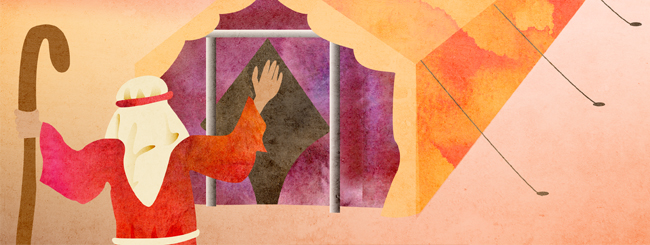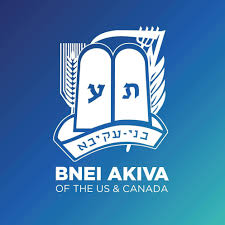Vayakhel-Pekudei 5780
Vayakhel-Pekudei 5780
By: Leora Greenberg | HA Member
Parshiot Vayakhel and Pekudei are filled with an abundance of lessons relevant to us today and every day. As Moshe gathers up all of Klal Yisrael, he says to them in Shemot 34:5
קְחוּ מֵאִתְּכֶם תְּרוּמָה, לַיהוָה, כֹּל נְדִיב לִבּוֹ, יְבִיאֶהָ אֵת תְּרוּמַת יְהוָה: זָהָב וָכֶסֶף, וּנְחֹשֶׁת
“Take for yourselves a portion for Hashem, everyone who is generous of heart shall bring it, as the gift for Hashem: gold, and silver, and copper.”
A question can be asked on the definition of someone that is “generous of heart.” What does it mean to be generous of heart? How can we become more genuinely generous people?
Rashi comments that one who is generous of heart is a person whose desire and ability to be generous stems from his heart. The individual is excited and ready to give to others from a place within himself; not only because he was commanded to do so.The Sforno reaffirms the idea that one cannot be forced to give and it must come from a genuine place within a person. Rav Naftali Tzi Yehudah Berlin in HaEmek Davar adds that only one who has a sincere desire to give to Hashem can be the one to do so.
A further question on the pasuk is whether the commandment to give a gift to Hashem applies solely to our material possessions. The beginning of the pasuk says “take for yourselves,” which teaches us that we need to willingly give a piece of ourselves to Hashem. Avodat Hashem requires sacrificing aspects of oneself with the understanding that a person’s true role in this world is to serve Hashem.
Most of us are privileged to live a lifestyle that includes an excess of material items. While we are extremely grateful for everything we have been given, it follows naturally that our objects lose value over time and we find it easy to give them away. We clean out our closets to get a new wardrobe each season, throw away food and often switch out our technology for the newest models. We live in an era of excess, which influences us to decrease the value we place upon each of our individual items.
Time, although not physical, is a possession many of us have become extremely aware of over the last few weeks. As we sit in our respective homes during this time of isolation, we are given the opportunity to reassess our free time. We cannot go out to shop, celebrate together, meet up with each other or even go about our regular daily routines. With none of these regular activities occupying our mental space, we are forced to rethink our priorities of what to fill our time with.
As believing Jews, we know that the duration of our time on this earth is determined by Hashem. However, what we fill our time with is up to us. Free time holds unlimited potential to connect to Hashem and others around us in a meaningful way. In this way, time is one of our most precious possessions.
As Moshe is explaining in the pasuk, we need to cultivate the desire to give to Hashem from within. At this time we need to capitalize on the time we have been given to spend quality time with our families, catch up with distant friends, and accomplish all that we had pushed to the back of our minds. I challenge everyone to take this ‘extra’ time to build up a more genuine desire to give back to God and the Jewish community in all the ways we are seeing possible.


 Read More
Read More

